
The benefits of single-use technologies for upstream viral-vector processes clearly outweigh their disadvantages.

The benefits of single-use technologies for upstream viral-vector processes clearly outweigh their disadvantages.

Advances in technology are accelerating the development and manufacture of subunit vaccines, an established class of vaccines.

Growing demand for bispecific antibodies increases the need for automated and miniaturized high throughput screening capabilities.
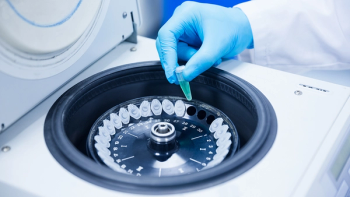
Automation is one asset that benefits cell harvesting by cutting out laborious manual steps and minimizing contamination.
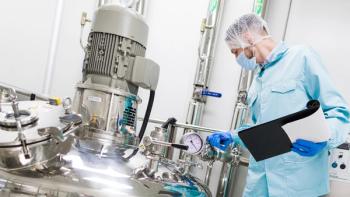
Through the adoption of single-use technology, drug manufacturers have been able to adapt to the challenges posed by the COVID-19 pandemic.
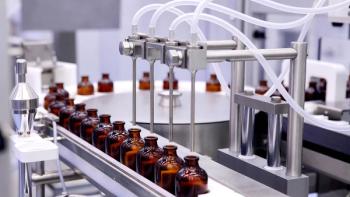
Scenario modeling informs planning for current and future manufacturing needs.

Correct organization and appropriate methods for demonstrating biosimilar comparability are important for supporting regulatory filings.
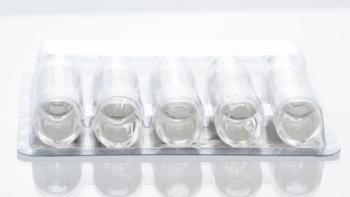
Manufacturers should consider the benefits and risks of contract packaging for stability studies.

Full approval of COVID-19 vaccines may increase public confidence, but better coordination in development and review is needed.

Congress questions FDA on plans to catch up and move forward with facility inspections as pandemic travel restrictions ease.

Experts Susan J. Schniepp, distinguished fellow for Regulatory Compliance Associates, and Steven J. Lynn, executive vice-president, Pharmaceuticals for Regulatory Compliance Associates, provide answers to frequently asked regulatory questions about advanced therapy medicinal products.
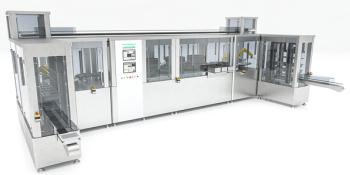
Syntegon's Syringe Inspection Line utilizes an AI vision system for the inspection of syringe flanges, stoppers, and cylinders.
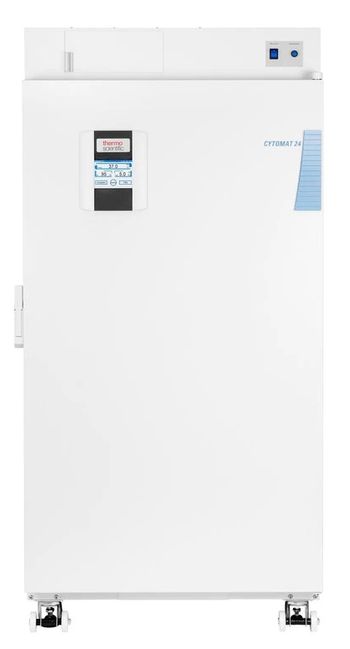
The Cytomat 24 automated incubator system is designed for large-capacity microplate processing.
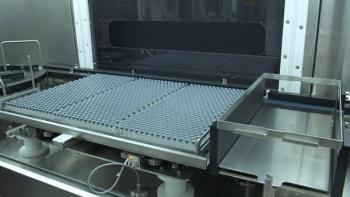
SP Scientific's SALS30 and RxR-36 are designed for fill/finish processing applications like freeze dryers.
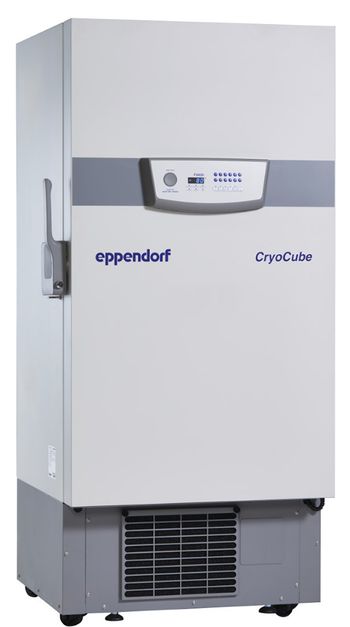
Eppendorf's CryoCubeF440 freezer has been redesigned to promote sustainability through various green features.